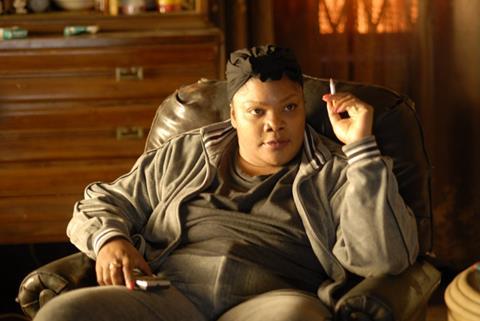“When I read the book [published in 1996], I thought it was just for me,” says Lee Daniels of the novel Push by Sapphire, on which his award-winning film Precious is based.

“I thought it gave hope to so many people. It wasn’t just for people that were abused. I think we all have Precious in us. I think we all feel inadequate, and I think this movie speaks to that.”
Daniels — a producer with credits such as Monster’s Ball and The Woodsman under his belt and director of Helen Mirren-starrer Shadowboxer — had been courting Sapphire for a number of years to buy the film rights to her best-selling novel about a young woman growing up amid shocking abuse, incest and violence.
“She said no, no, no,” he recalls. “She thought a film would diminish the book. But I kept on. I thought to myself that I must be a masochist because who really wants to see a movie about a 400lb black girl going through this kind of abuse? But I knew what I wanted to do. The book is very hard and I go in through fantasy. I try to make you laugh when I can. For me, what makes it work is that we’re laughing when we shouldn’t be laughing. We go from laughing to being horrified and sad in one emotion.”
The book, Daniels explains, is even tougher than the film. “The book is X-rated. I couldn’t tell the book as it is. I had to use fantasy sequences at the toughest moments.”
Daniels says he comes from a very poor background and personally understands the milieu in which Precious grows up. “Her world is my world,” he says. “I was lucky enough to run away from home when I was 17, because if I hadn’t, I would have been a statistic. I was going to end up selling drugs or working in McDonald’s. I would have gone to jail or died. Instead, I went to school.”
But Daniels is far from film-illiterate and cites Federico Fellini, Wong Kar Wai and Pedro Almodovar as influences. “African-American cinema is a very specific type of cinema, and I want to bring a sense of style, too, that’s not just urban but more European. It’s a little Euro and a little homo and a little ghetto.”
Mike Goodridge



















No comments yet